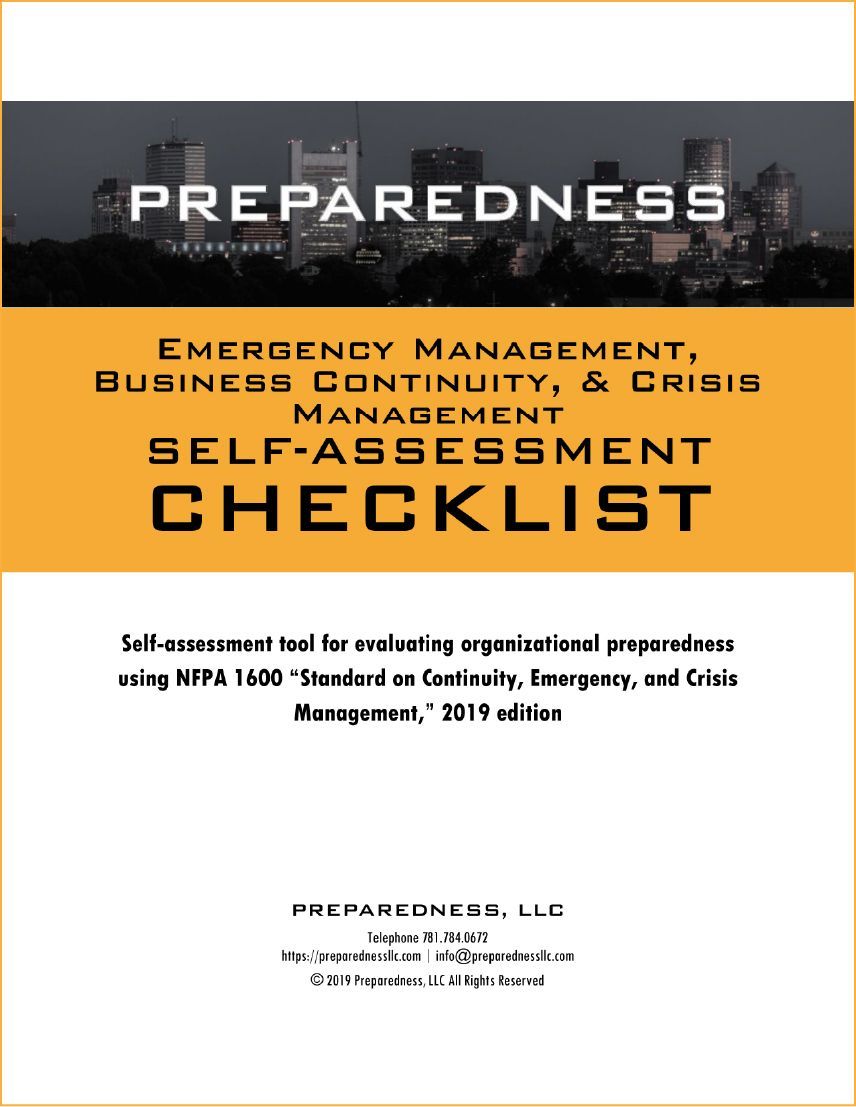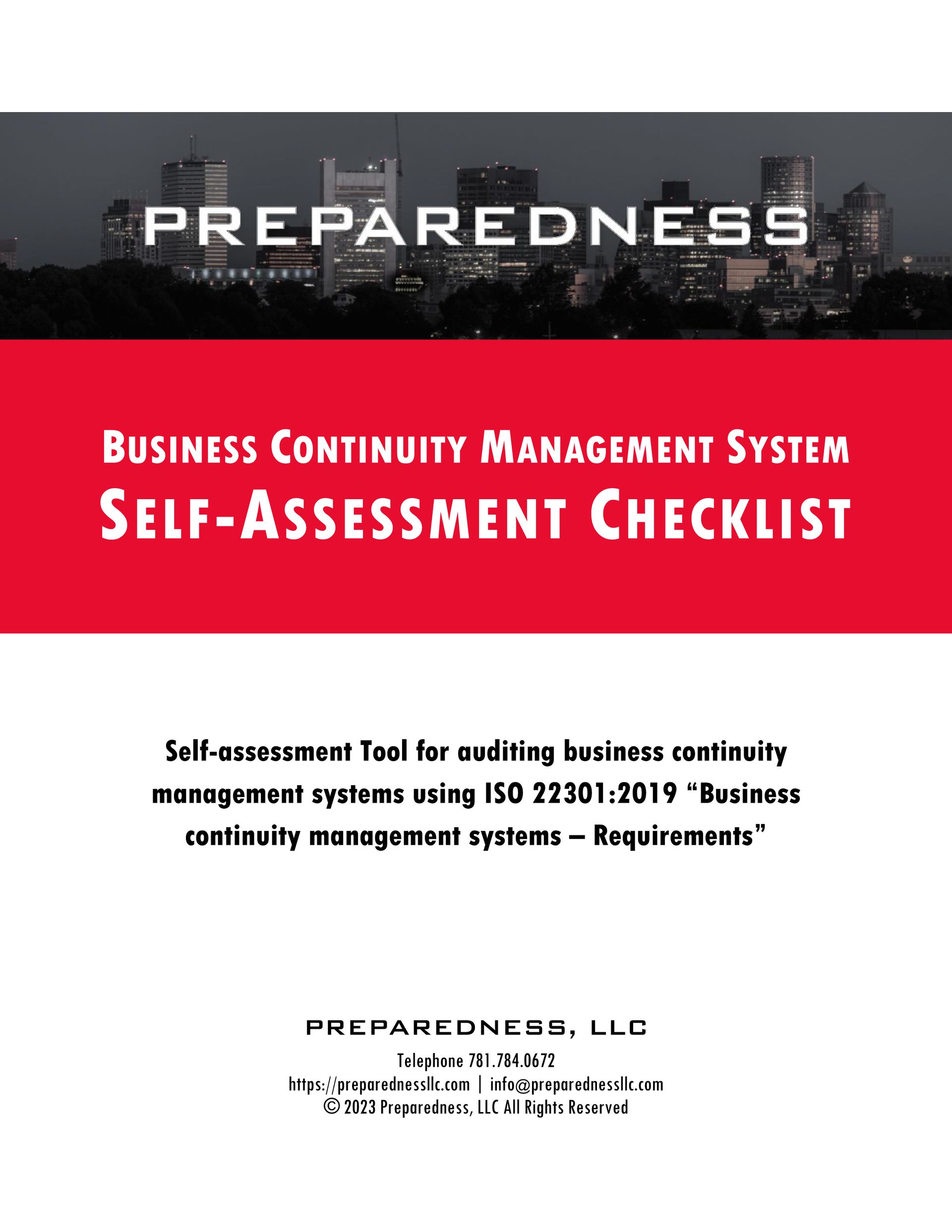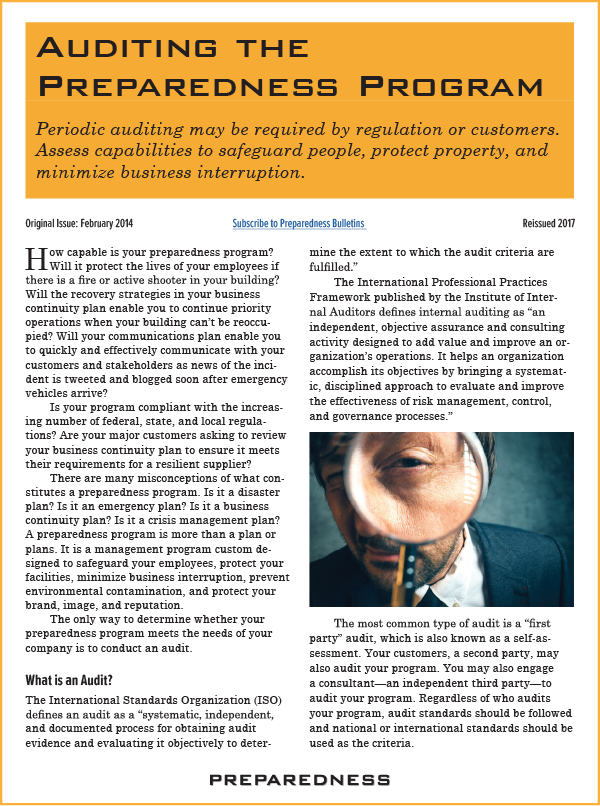Crisis Management
We develop risk and standards-based crisis management programs for senior leaders to manage events or situations that have the potential to significantly impact the organization.
Crises may result from a fast-developing incident or emerge slowly from an unproven allegation or an incident or series of incidents that have not been properly managed.
The ability of the organization to react promptly and proactively will likely determine success or failure.
What is a crisis?
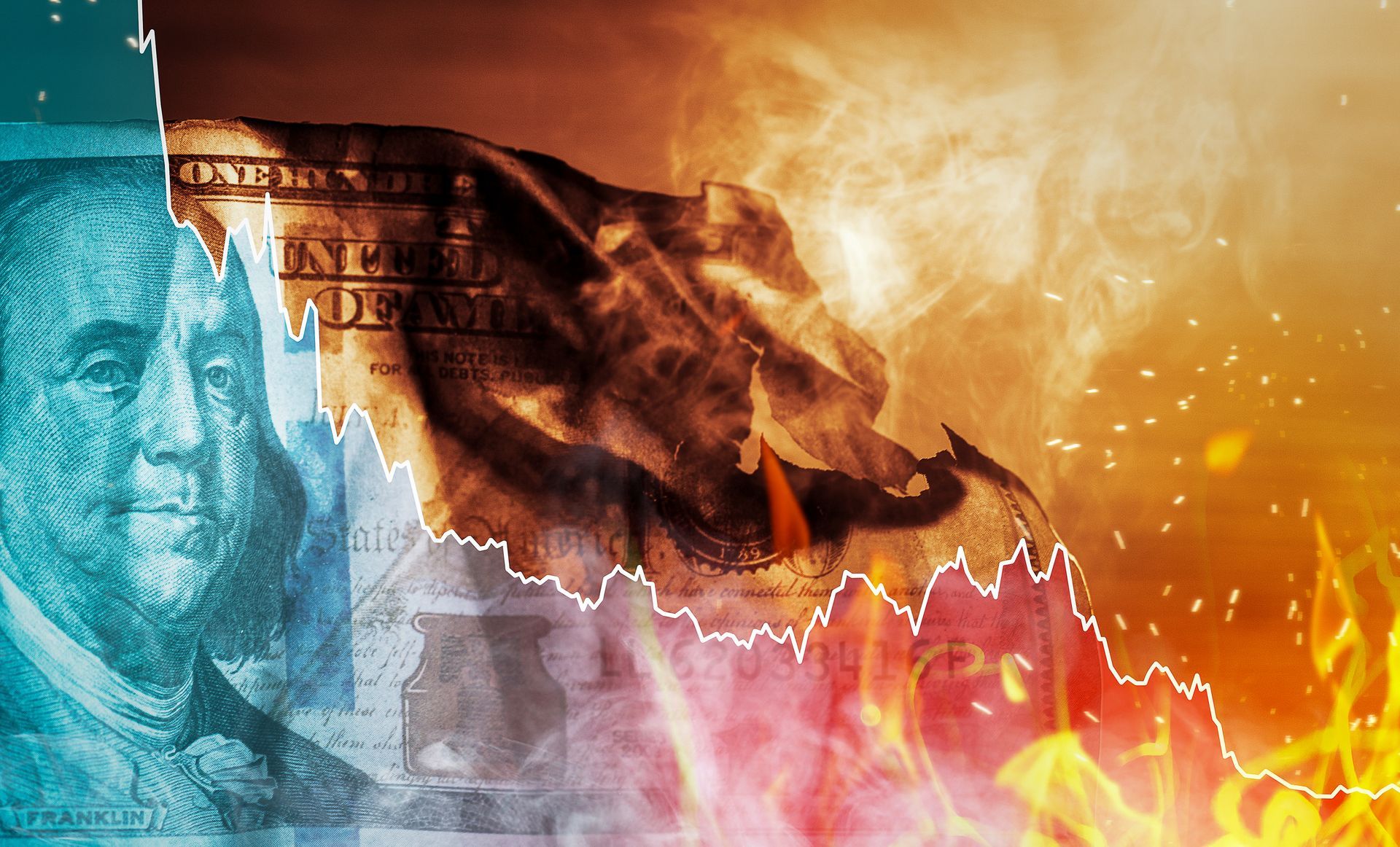
A crisis is “an issue, event, or series of events with potential for strategic implications that severely impacts or has the potential to severely impact an entity’s operations, brand, image, reputation, market share, ability to do business, or relationships with key stakeholders.”
NFPA 1600/NFPA 1660
Crises require a prompt response within a short timeframe often determined by customers, key stakeholders, regulators, or media. News travels as fast as electrons around the world challenging crisis communicators to get ahead of the story and dispel misinformation, disinformation, speculation, and the agendas of those who may use the crisis to further their own position. Management must quickly assess what has happened, what are the potential impacts, and how the crisis should be mitigated.
Crisis Management
The words “crisis management” are often used to describe incident response activities handled by site level incident management teams (organized as part of the emergency management program) and activities to manage disruptions to operations (business continuity and IT disaster recovery). These teams may be organized within one or more levels of the organization (see graphic nearby).
Crisis management, as defined in multiple international standards, is strategic, not tactical. Given the potential magnitude of impacts of a “crisis,” management at the highest level must lead the effort. Identifying and addressing the needs of stakeholders and their probable issues, forecasting potential impacts, and developing and executing mitigation strategies are key activities. The crisis management team must also support subordinate leaders and teams.
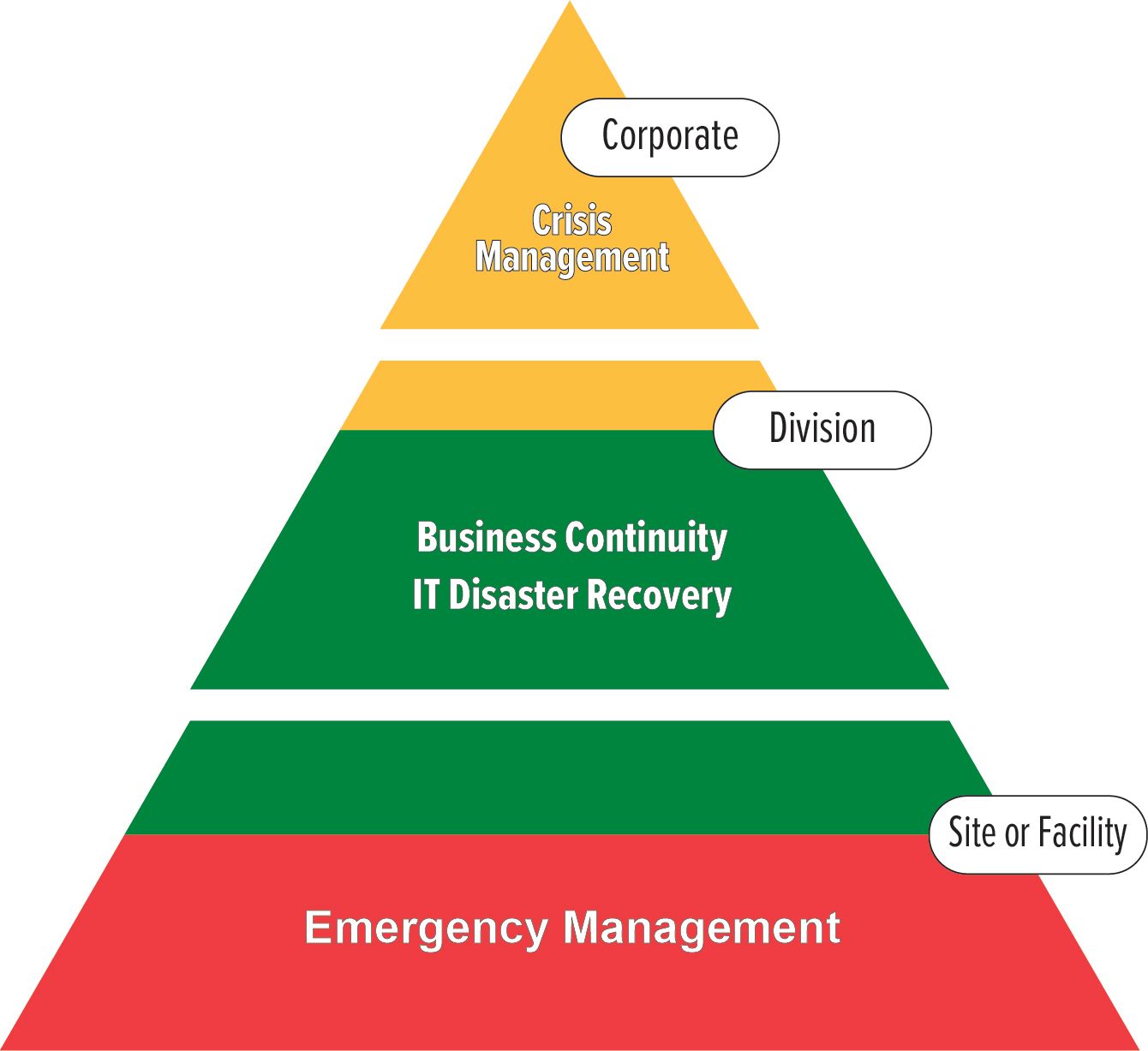
Crisis Management Plans
We create crisis management plans conforming to international standards that are based on an organization’s risk profile. We facilitate the process of identifying stakeholders and the issues that could arise during a crisis. Our plans include substantial content (see below) including forms for capturing incident information, identifying and forecasting issues, developing mitigation strategies, and managing the flow of information during the crisis. We write concise “playbooks” with flowcharts and step-by-step instructions for executing the plan.
We also develop crisis communications plans to align with and complement the crisis management plan.
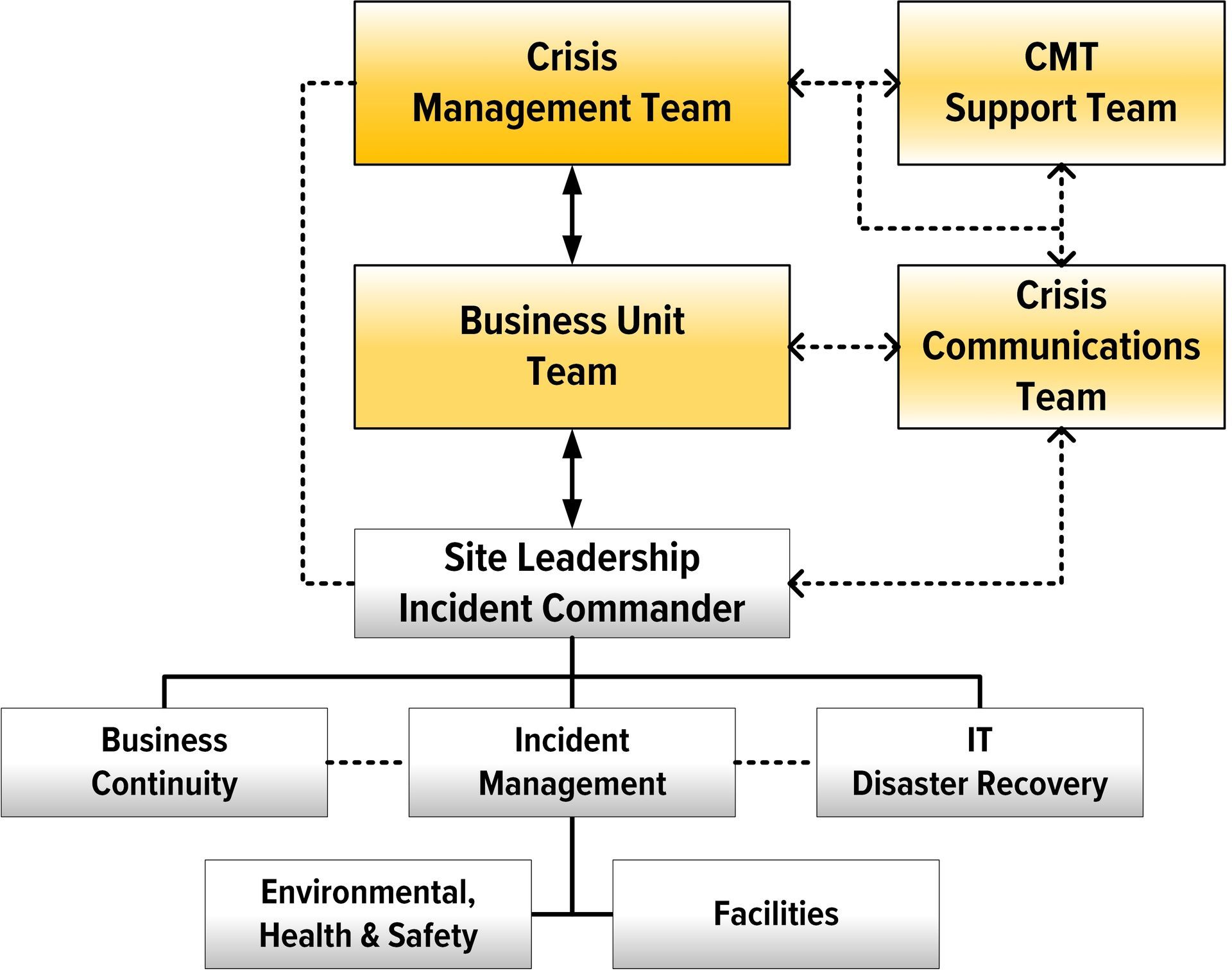
Crisis Communications
Daily communications are handled by many internal professionals–corporate communications, human resources, sales and marketing, and others. Communications during an emergency or crisis are very different and may include reputation, regulatory, and customer relationship implications.
Crisis communications should be a part of every response plan—incident management, business continuity, and crisis management. Communications protocols and procedures should be defined for all potential stakeholders who may be affected by or may need to be informed about the incident. Communications during incidents involving public safety and other government agencies may include regulatory implications and managing communications within a joint information center environment.

Incidents or situations involving significant media interest can be the most challenging especially when the potential scope and magnitude of an incident or situation is still developing.
When an incident, especially one with significant potential impacts occurs, demands from numerous stakeholders to provide information specific to their interests can be overwhelming. Only a well-developed crisis communications capability will be able to scale up to meet the challenge.
Preparedness, LLC develops crisis communications plans based on the unique requirements of incident management, business continuity, and crisis management plans. We know how these plans are connected. We helped write the standards defining crisis management and crisis communications, and we are mindful of regulations that define crisis communications requirements.
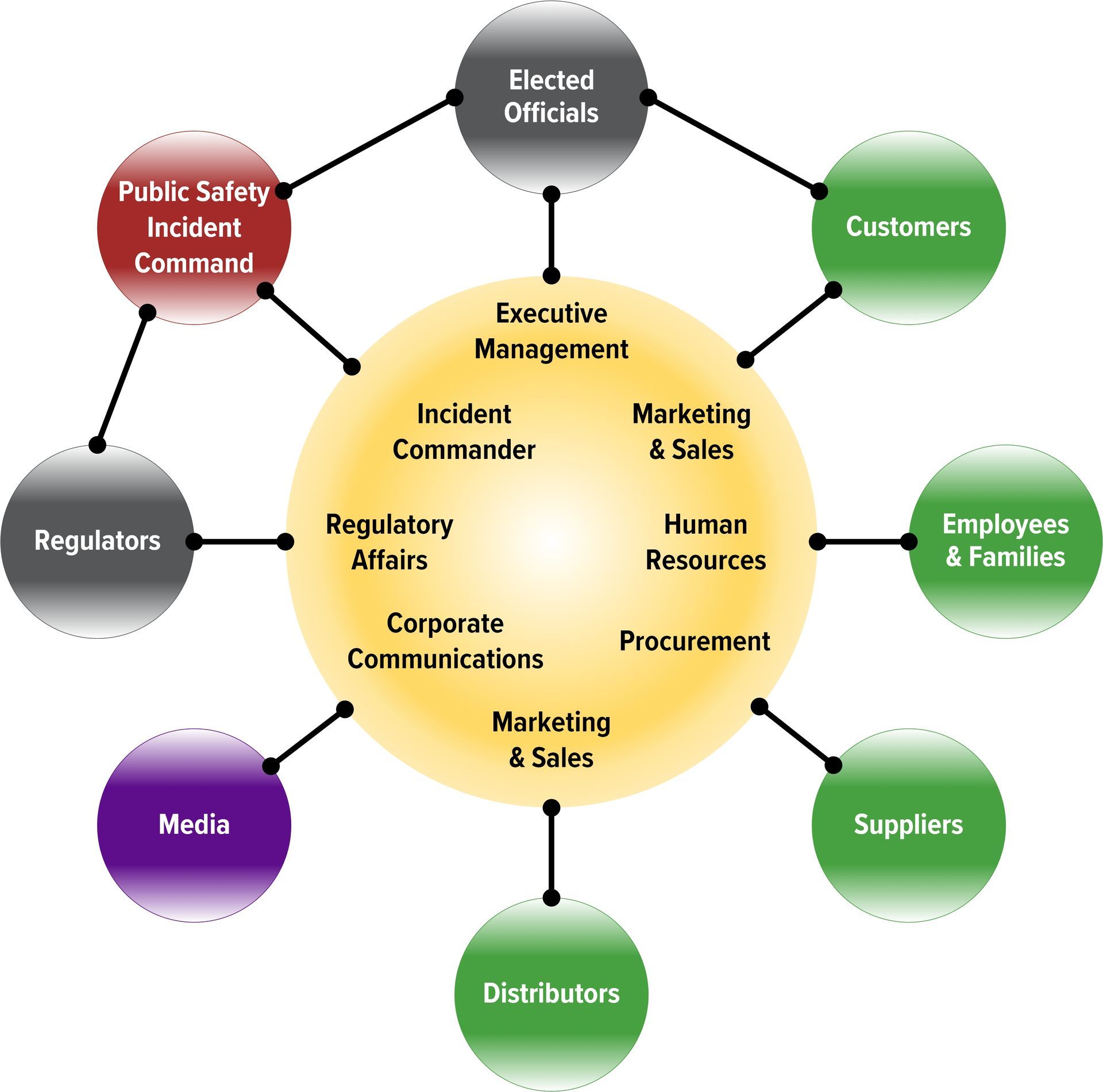
A crisis communications plan must assign responsibilities for communications with numerous stakeholders depending on the incident.
Training & Exercises
We train executive crisis management and support team members on roles, responsibilities, lines of authority, coordination with internal and external teams and resources, situation analysis, issues identification and forecasting, strategy development, and crisis communications.
We design, facilitate, and evaluate exercises to familiarize participants with the crisis management plan and playbook, roles and responsibilities, coordination with the crisis management support team and subordinate teams, and incident management. We design and facilitate exercises involving the crisis management team, crisis communication team, and business unit and or facility response and continuity teams. These exercises provide an opportunity to practice protocols for notification, situation analysis, strategic decision making, communications, and coordination of messaging.
We provide customized exercise “situation” manuals with multi-part scenarios, events list, injects, discussion questions, and self and group-assessment questionnaires. Following the exercise, we facilitate a group “hot wash” discussion to capture action items. We write after-action reports with recommendations for continuous improvement.
Program Assessment
Every organization can benefit from conducting a standards-based assessment of its preparedness programs. With many teams operating at multiple levels within the organization, numerous plans, and varying levels of capabilities, optimal performance is challenging. We can assess the adequacy and implementation of corporate policies, standards, and procedures for incident management, communications, continuity, and recovery. We use national standards and industry practices as criteria, follow accepted auditing practices (that we teach for professional certification), and utilize our years of auditing experience to deliver in-depth assessments and detailed guidance for improvement.


